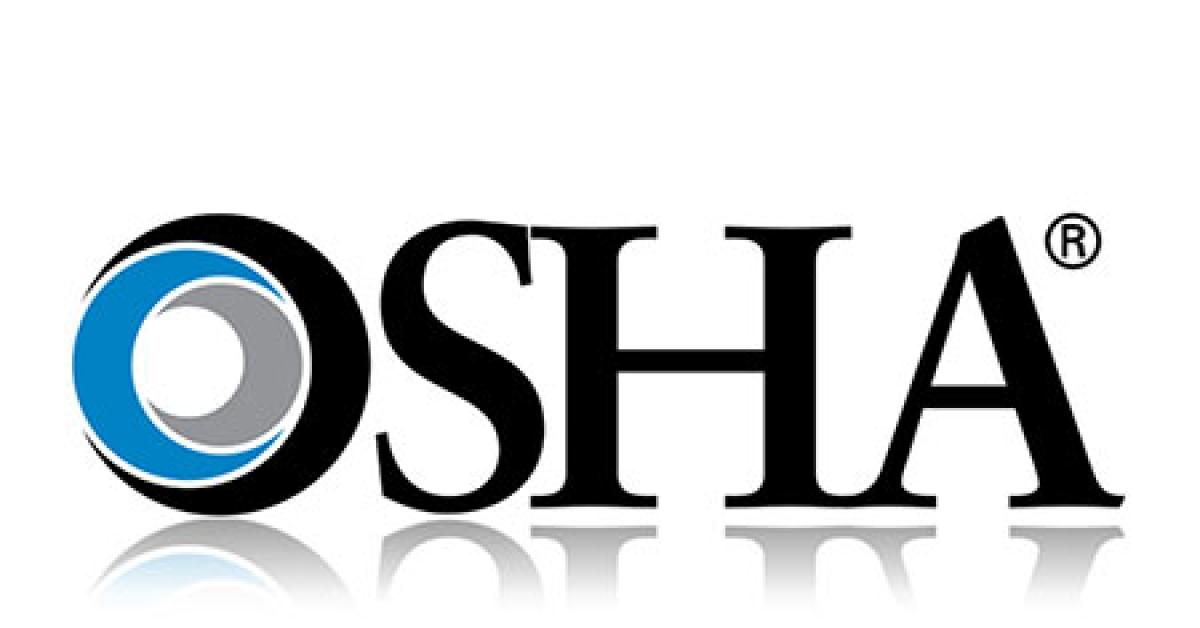WASHINGTON — The U.S. Department of Labor’s Occupational Safety and Health Administration (OSHA) has announced a new emergency temporary standard (ETS) designed to protect workers from contracting COVID-19 on the job.
Under this standard, certain employers must develop, implement and enforce a mandatory COVID-19 vaccination policy, unless they adopt a policy requiring employees to choose to either be vaccinated or undergo regular COVID-19 testing and wear a face covering at work.
Employers must comply with most requirements by Dec. 4, and with testing requirements by Jan. 3, 2022.
The ETS covers employers with 100 or more employees — either at the firm or companywide — and provides options for compliance. It also requires employers to provide paid time to workers to get vaccinated and to allow for paid leave to recover from any side effects.
The ETS is estimated to cover more than 84 million workers in the U.S. — about two-thirds of the nation’s private-sector workforce.
“COVID-19 has had a devastating impact on workers, and we continue to see dangerous levels of cases,” says U.S. Labor Secretary Marty Walsh. “We must take action to implement this emergency temporary standard to contain the virus and protect people in the workplace against the grave danger of COVID-19. Many businesses understand the benefits of having their workers vaccinated against COVID-19, and we expect many will be pleased to see this OSHA rule go into effect.”
The ETS requires companies with 100 or more employees to:
- Determine the vaccination status of each employee, obtain acceptable proof of vaccination status from vaccinated employees, and maintain records and a roster of each employee’s vaccination status.
- Require employees to provide prompt notice when they test positive for COVID-19 or receive a COVID-19 diagnosis. Employers must then remove the employee from the workplace, regardless of vaccination status; employers must not allow them to return to work until they meet required criteria.
- Ensure each worker who is not fully vaccinated is tested for COVID-19 at least weekly (if the worker is in the workplace at least once a week) or within seven days before returning to work (if the worker is away from the workplace for a week or longer).
- Ensure that, in most circumstances, each employee who has not been fully vaccinated wears a face covering when indoors or when occupying a vehicle with another person for work purposes.
OSHA notes that this ETS does not require employers to pay for testing, although employers may be required to pay for testing to comply with other laws, regulations, collective bargaining agreements, or other collectively negotiated agreements. Employers are also not required to pay for face coverings.
“While vaccination remains the most effective and efficient defense against COVID-19, this emergency temporary standard will protect all workers, including those who remain unvaccinated, by requiring regular testing and the use of face coverings by unvaccinated workers to prevent the spread of the virus,” says Jim Frederick, deputy assistant secretary of Labor for Occupational Safety and Health. “As part of OSHA’s mission to protect the safety and health of workers, this rule will provide a roadmap to help businesses keep their workers safe.”
For more information about the ETS and compliance assistance available to businesses, OSHA has posted a webinar, along with compliance materials and a directory of frequently asked questions.
Have a question or comment? E-mail our editor Dave Davis at [email protected].
